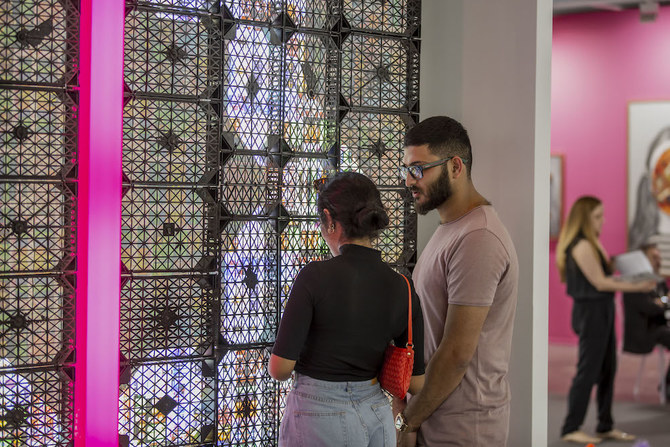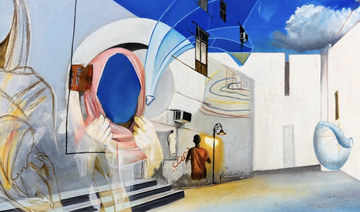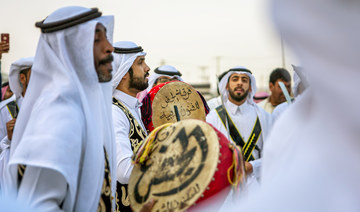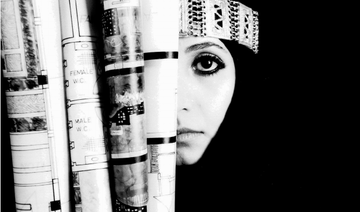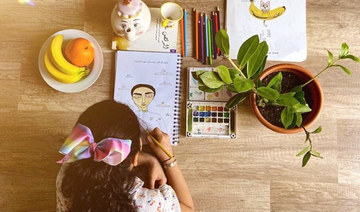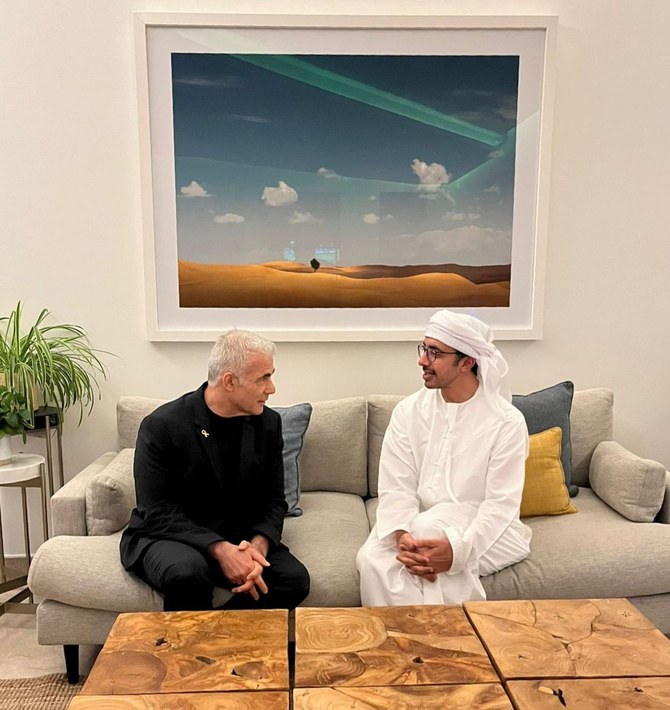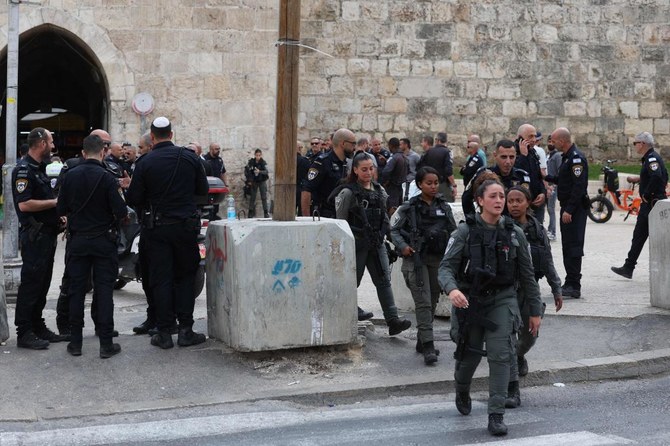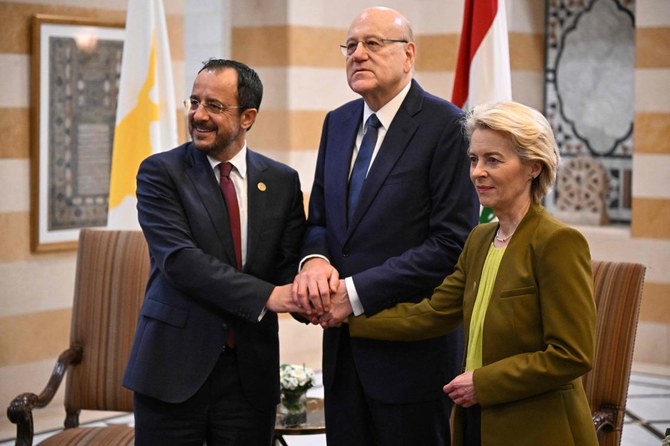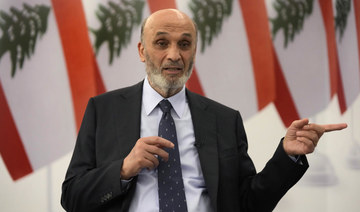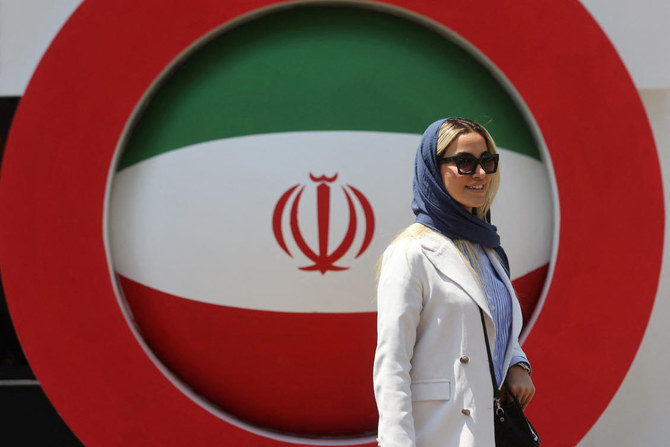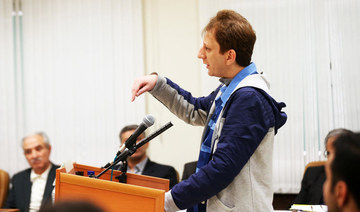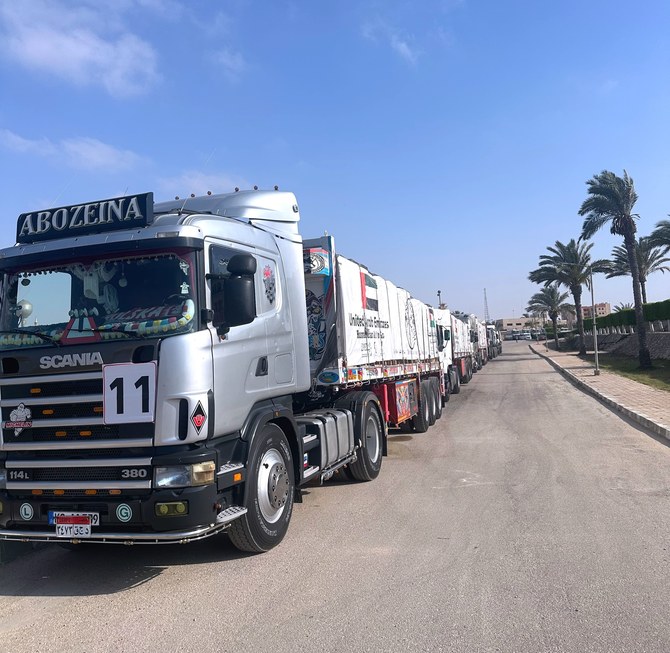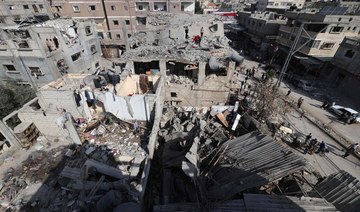DUBAI: Art is cross-cultural and cross-border in form, function and meaning. Small wonder that since the coronavirus pandemic struck, fairs, exhibition spaces, concert halls, museums and performing arts centers across the world have been forced to close their doors and cancel events, threatening the livelihoods of artists and depriving societies of joys they once took for granted.
The art world in recent decades revolved around an international circuit of exhibitions, art fairs, biennials and performances. Artists, curators, collectors, gallerists and art lovers crisscrossed the globe to congregate at events as far apart as Dakar and Mexico City. That is, until world travel slowed and then ground to a halt in March 2020.
Today, with lockdown restrictions returning to many countries, art is shared primarily online and via social media or by appointment-only visits to galleries and museums. And as the world economy sputters, art creation, appreciation and sales have been sidelined. For many artists, the need to survive, both physically and mentally, has taken priority.
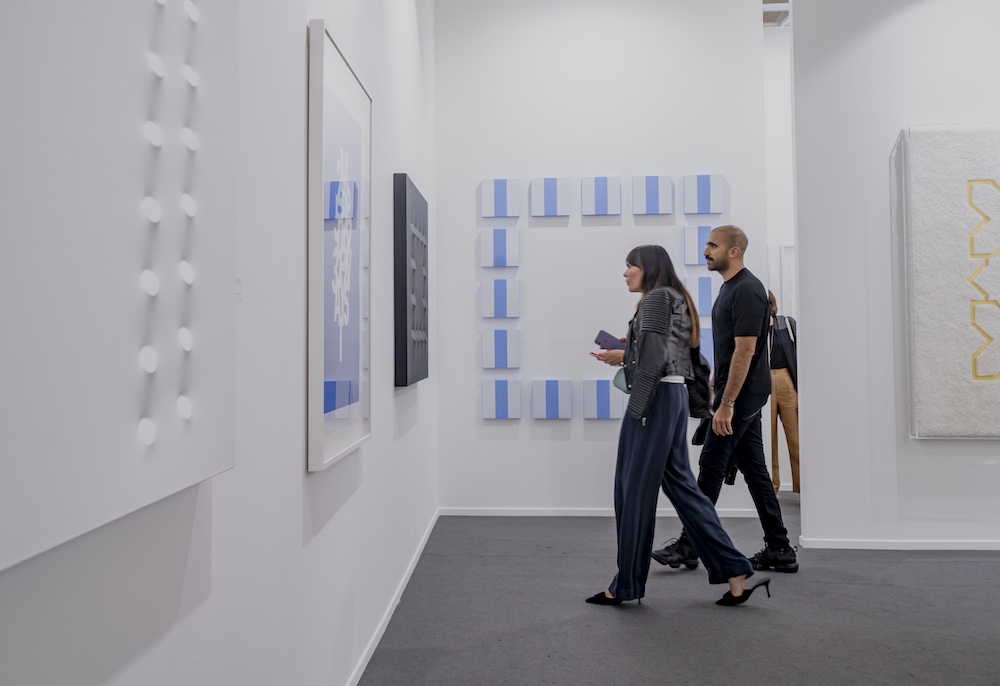
Galerie Dr. Dorothea van der Koelen (Mainz and Venice), Art Dubai 2019. (Courtesy: Photo Solutions)
In the Middle East, a region perennially beset by conflict, uncertainty and political turmoil, art and culture have somehow found a way to flourish, oftentimes against unthinkable odds.
The picture already appeared bleak at the start of 2020, even before lockdown restrictions were imposed. The UAE was experiencing a prolonged economic downturn, while geopolitical tensions drove many of the region’s galleries, particularly those in Lebanon and Iran, to despair.
With ongoing social reforms, economic diversification and a rapidly expanding cultural scene, Saudi Arabia was the biggest beacon of hope, but the closing of its borders and event cancellations after March put a damper on the creative industry’s spirits.
Facing economic and financial hardship, the Middle East’s arts community knew instinctively it needed to pull together.
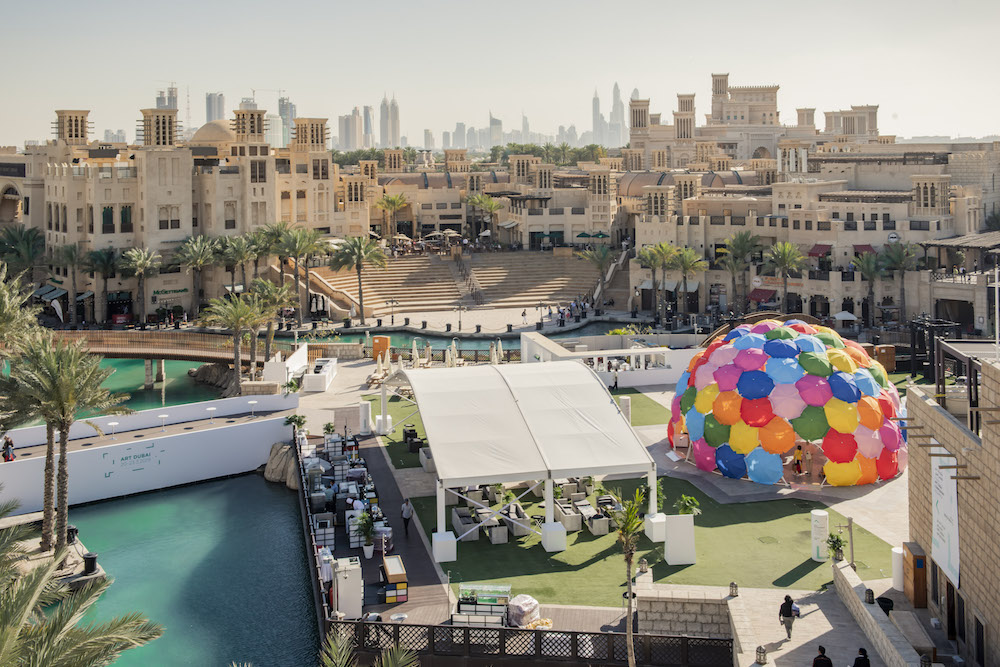
Many galleries, institutions and performing arts centers in the Gulf region are up and running again, although strict social-distancing measures remain in place. (Supplied)
Initiatives were quickly launched by the likes of Art Jameel, the UAE Ministry of Culture, the Kamel Lazaar Foundation in Tunisia and Dubai’s vibrant arts hub Alserkal Avenue to support creative and cultural enterprises through community building and artistic exchange. Alserkal Avenue gave its tenants a three-month rent-free package.
Fast-forward to January 2021. Many galleries, institutions and performing arts centers in the Gulf region are up and running again, although strict social-distancing measures remain in place. Art Dubai, one of the first events to cancel its physical fair in 2020, has announced it will go ahead as planned from March 17-20 at its home in Madinat Jumeirah.
“For us at Art Jameel, 2020 was the year of collective survival and 2021 is one of collective recovery,” Antonia Carver, director of Art Jameel, told Arab News.
“We were able to distribute more than 100 micro-grants through the Research and Practice Platform that we launched back in April: this program, among others, clearly demonstrated the huge wealth of creative talent in the Arab world and how a network of continued support is sorely needed.”
The crisis is not over yet, to be sure. “Artists and creatives in the Middle East need the full gamut of support, including grants,” Carver added.
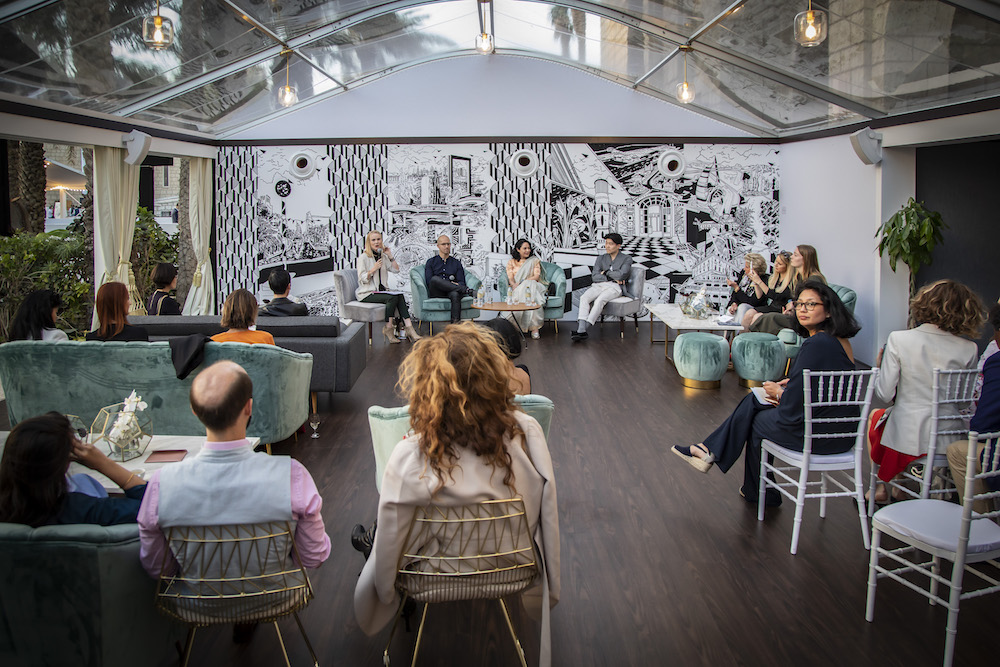
Facing economic and financial hardship, the Middle East’s arts community knew instinctively it needed to pull together. (Courtesy: Photo Solutions)
As it is often said, the show must go on — even if by other means. Supporting artists and commissioning new works even in the absence of physical events is key to keeping the art scene going, says Bill Bragin, artistic director of the Arts Center at New York University Abu Dhabi (NYUAD).
“The reality is that we probably won’t be doing in-person events until September 2021,” he told Arab News. “I’ve really tried to get rid of the language surrounding ‘real events’ or ‘live events’ and exchange these now for real-time events that are happening via the internet or by telephone and are no less real.”
What is crucial is to make sure artists are supported, he says. To that end, Bragin has commissioned several pieces by UAE-based artists to be performed later in the year.
“There was a sense of urgency,” said Bragin. “Those of us working in the art and culture scene in the UAE generally have a sense of mission about it. This is important work to us individually and also to the country and to the transformation of the UAE. We all want to keep the momentum. We don’t want to lose ground now.”
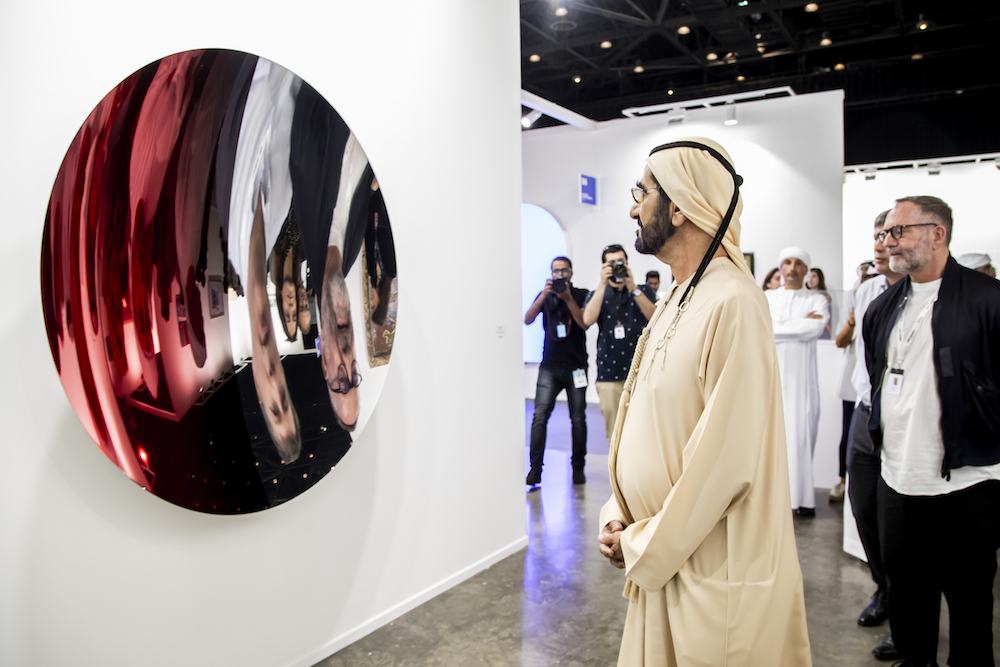
Supporting artists and commissioning new works even in the absence of physical events is key to keeping the art scene going, says Bill Bragin, artistic director of the Arts Center at New York University Abu Dhabi (NYUAD). (Supplied)
The same holds true for Saudi Arabia. Although coronavirus restrictions have temporarily disrupted plans in different economic fields, the arts and culture sector has found ways to forge ahead.
“As difficult as 2020 was, it revealed humanity’s agility in response to extraordinary circumstances,” Farah Abushullaih, head of Ithra Museum at the King Abdulaziz Center for World Culture in Dhahran, told Arab News.
“At Ithra, we remained committed to our ethos of making culture accessible when we were forced to close our doors. We launched the online platform Ithra Connect to engage with our community. The initiative reached more than one million people, underscoring the appetite for culture in the Kingdom.”
Besides Ithra Connect, the museum also launched Ithra Open-Call to support young Saudi artists and the COVID-19 Exhibit, while Ithra’s annual Tanween exhibition was held digitally.
FASTFACT
Creative industries
* Arts and crafts.
* Design & fashion.
* Advertising.
* Architecture.
* Film, video, photography & TV/radio.
* Music & performing arts.
* Publishing, software & computer games.
Ithra returns in 2021 with a full calendar of events, including Al-Sharqia Gets Creative, Ana Mohafeth and the Saudi Film Festival, which is organized in partnership with the Saudi Arabian Society for Culture & Arts in Dammam with the support of the Ministry of Culture’s Film Commission.
“Despite the inevitable slowdown of 2020, the art scene in Saudi is still thriving, because there’s an important number of creatives combined with an active Ministry of Culture and a growing number of institutions, collections and galleries that are building the infrastructure and creating opportunities for all the actors that make up an art scene,” said Alia Fattouh, director of Athr Gallery, one of the Kingdom’s premier contemporary art galleries based in Jeddah.
Misk Art Institute (MAI), established by Crown Prince Mohammed bin Salman in 2017 to encourage grassroots creativity, held its annual Misk Art Week from Dec. 3-7, drawing a record 85,000 unique online viewers and more than 2,500 physical attendees over the course of the five-day event in Riyadh.
“In the face of this pandemic, MAI adjusted its programming for Misk Art Week to present a hybrid form that offered virtual and online sessions as well as live events for local audiences,” Reem Al-Sultan, CEO of Misk Art Institute, told Arab News.
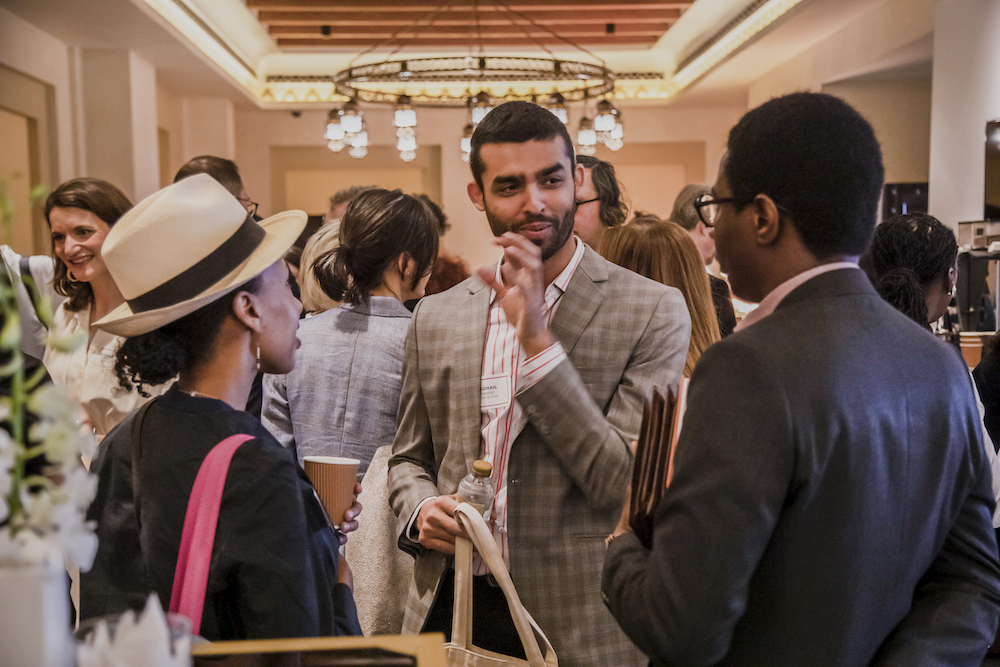
During these times of turmoil and transition, the Middle East needs the arts more than ever, Antonia Carver, director of Art Jameel, told Arab News. (Supplied)
Some in the arts community want to see the same spirit of generosity extended to the wider region.
“We have seen a real proactiveness and safeguarding of the artistic cultural landscape here in the UAE during the pandemic,” Reem Fadda, director of Abu Dhabi Cultural Foundation, told Arab News.
“Institutions and governmental entities anchored themselves onto the cultural sphere during these tough times because they truly believed it was a catalyst for alleviation and support of our communities. Now the time has come for the UAE to also reach out and support the extended region where it can, through grants, commissioning opportunities, and other means.
“At the Cultural Foundation in Abu Dhabi we have announced a number of initiatives that are offering grants and commissions extending to the region, be it in performing arts, visual arts, or other disciplines.”
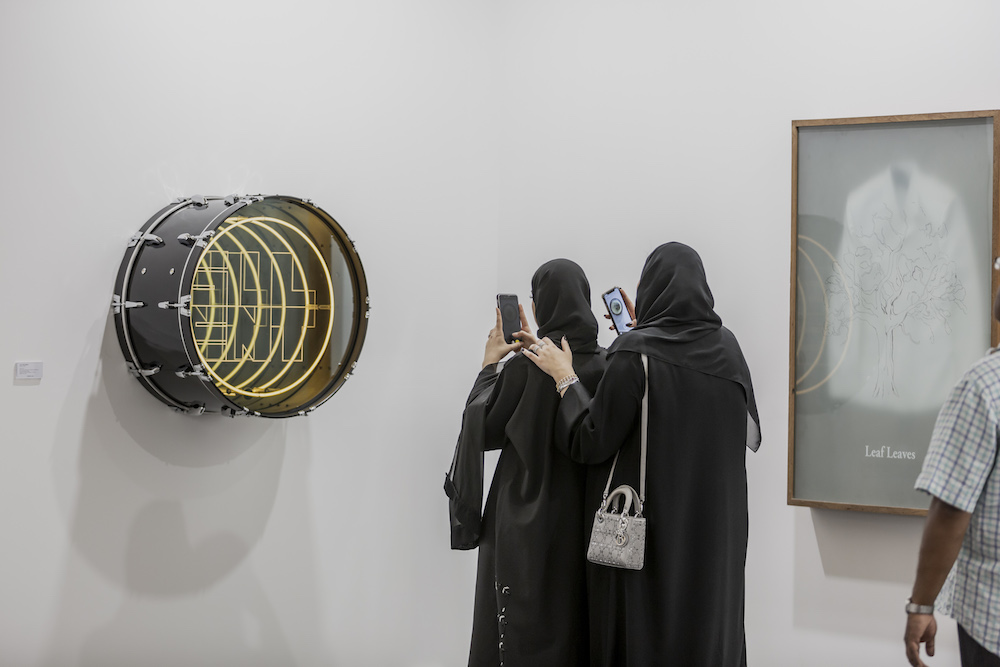
Unlike in the pre-COVID-19 days, with lockdown restrictions returning to many countries, art is shared primarily online and via social media or by appointment-only visits to galleries and museums. (Supplied)
As daunting as they may be, the challenges confronting the Gulf region’s creative sector are one thing. The rest of the Middle East is a different story altogether.
The Beirut port blast of Aug. 4 struck at the very heart of the Middle East’s art scene, devastating an area where many galleries and studios are located.
Beirut has long been a regional center for artistic production, yet Lebanon lacks the state and private support structure available in the Gulf.
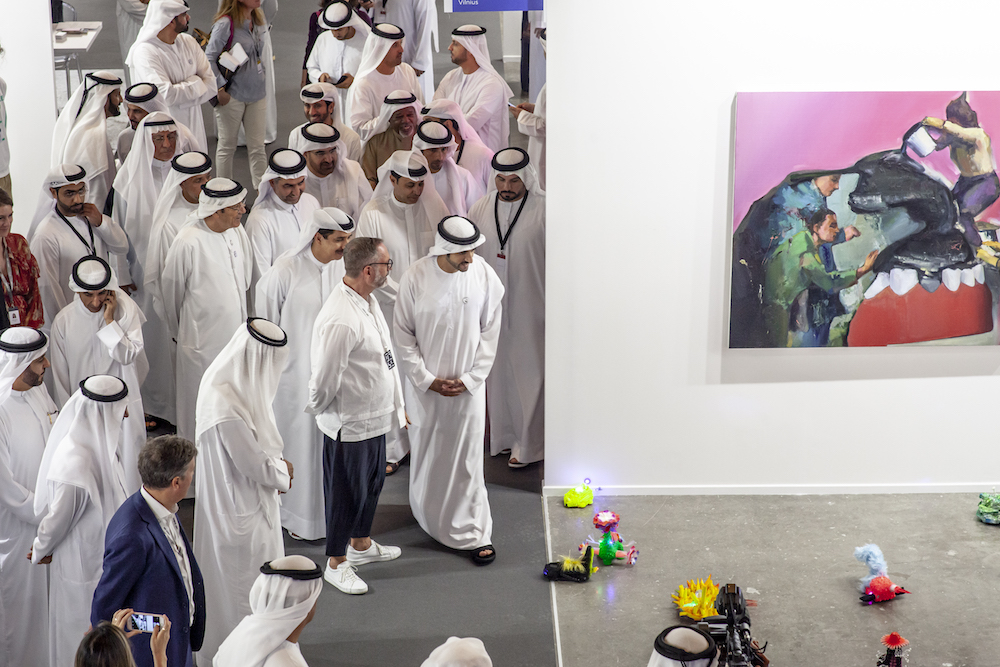
Although coronavirus restrictions have temporarily disrupted plans in different economic fields, the arts and culture sector has found ways to forge ahead. (Supplied)
“The situation in Beirut is particularly urgent, given the need to rebuild physically, amid such a challenging political environment — although, sadly, this is also the situation in Syria, and other countries, too,” said Carver.
During these times of turmoil and transition, the Middle East needs the arts more than ever, says Carver.
“Culture is the crucible of society, where we discover and debate ideas and forms, and figure out our role going forward. Now they are needed more than ever, particularly in the Arab world,” he said.
“While in 2020 we were perhaps dazzled by the COVID-19 headlights, in 2021 we will have to try to make sense of it and move on.”
----------------------
Twitter: @rebeccaaproctor



